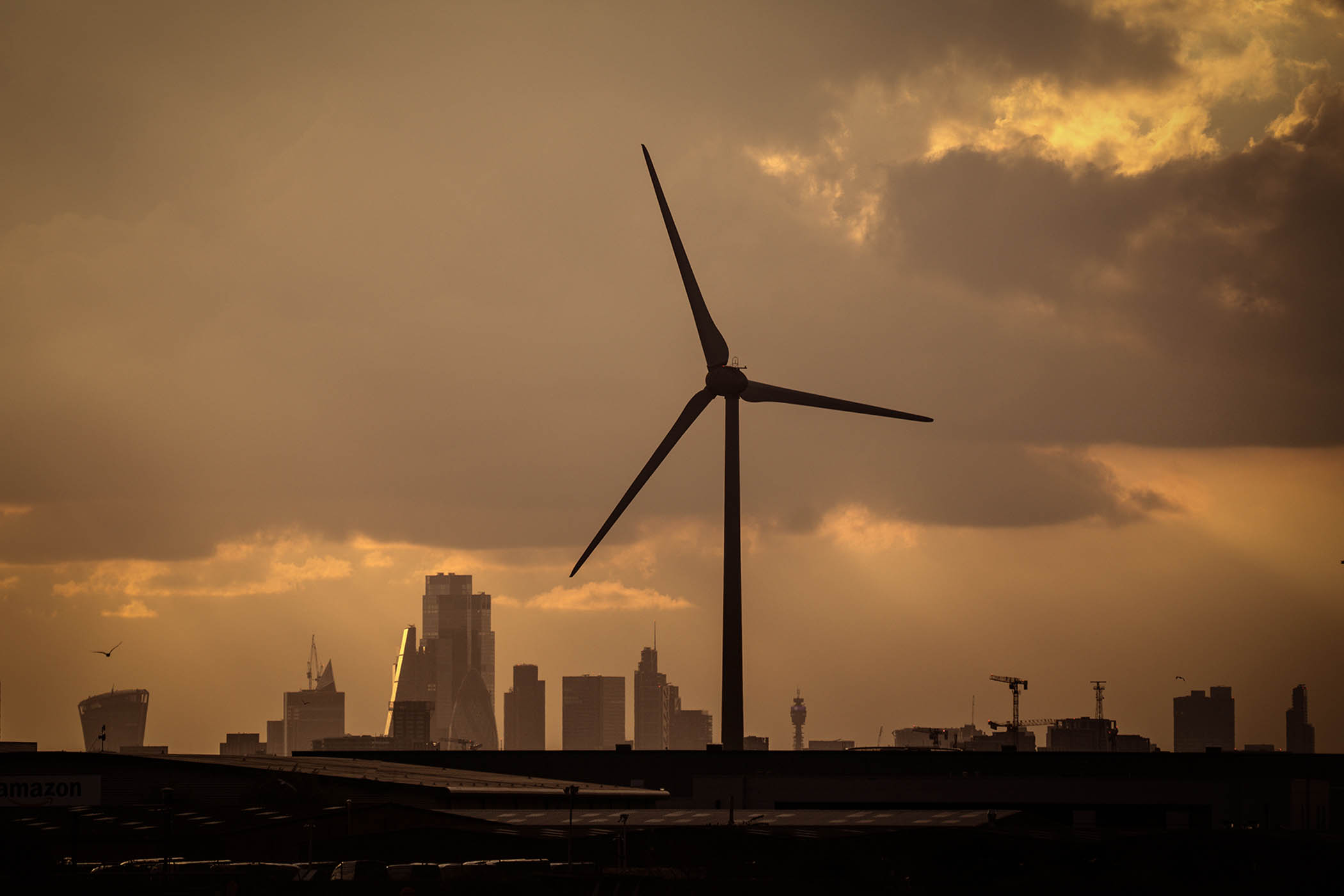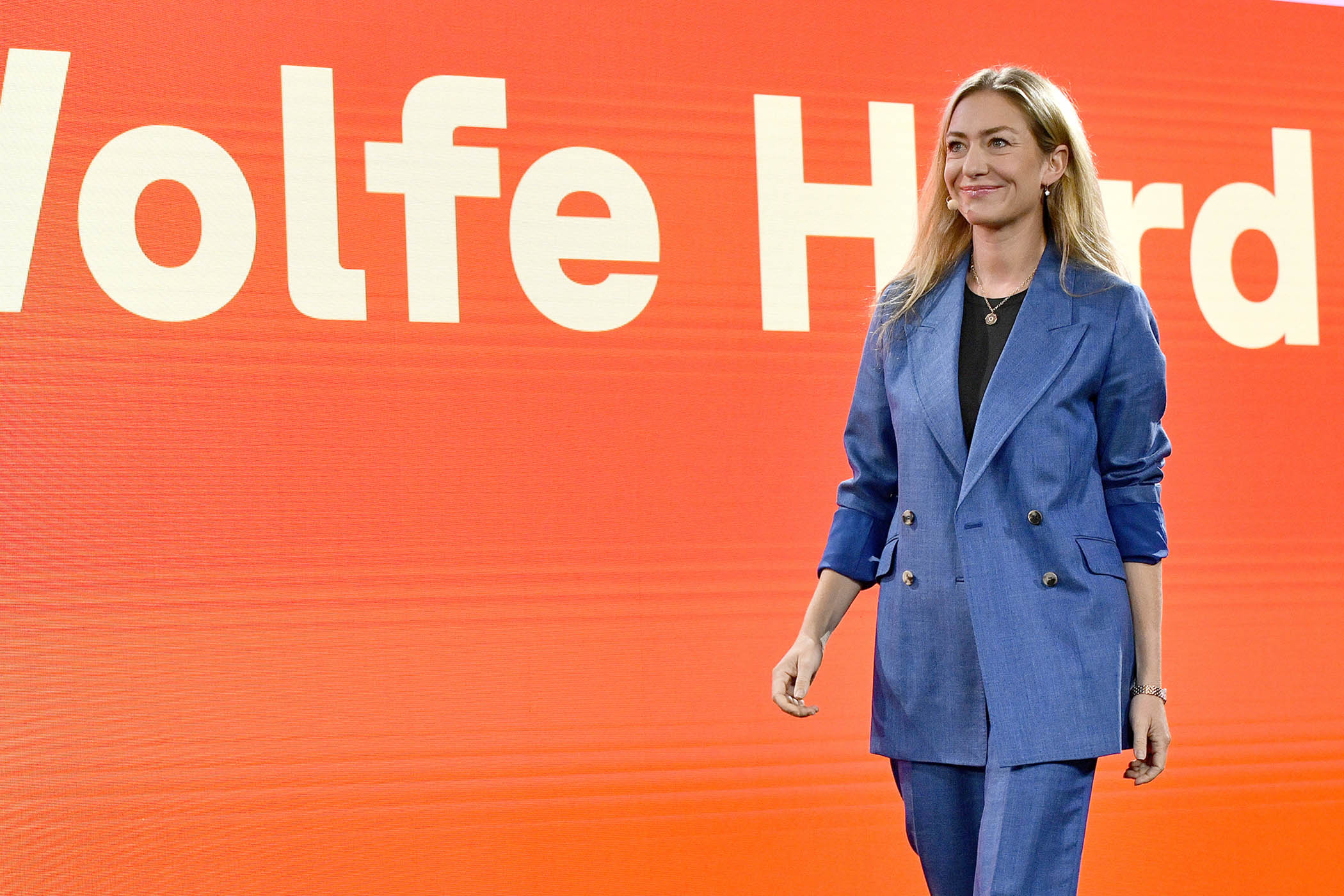US private equity giant Apollo Global has made a $6.5bn deal to acquire half of the world’s biggest offshore wind farm. it is the latest sign of the sector’s growing interest in financing Europe's energy transition and critical infrastructure.
The deal with the Danish renewable energy developer Ørsted to buy 50% of the UK’s Hornsea 3 wind farm follows the creation of a joint venture with the German energy utility RWE, and a £4.5bn commitment to French nuclear operator EDF to finance UK projects, including Hinkley Point C.
In a further indication of its appetite for British fare, the firm has been tipped to provide the debt for RedBird Capital’s takeover of the Telegraph newspaper.
Apollo’s head of Europe, Robert Seminara, says the continent has “woken up” to the need to invest. Blackstone – another private equity titan – plans to deploy about $500bn in Europe over the next decade and raised a $5.6bn energy transition fund in February.
The focus on Europe is spurred, in part, by AI’s hunger for energy but the private equity firms are also eyeing European investment needs in power transmission, gas pipelines to replace energy from Russia, and rearmament driven by the war in Ukraine.
Germany, where bridges and schools are crumbling , sometimes dangerously – a bridge in Dresden collapsed into the Elbe last year – plans to spend a vast sum on fixing its infrastructure and rearming as the US pulls back from Europe. However, like other countries, it is burdened with rising public debt.
Referring to Germany’s plans, Jim Zelter, Apollo Global’s president, said earlier this year: “They’ve been saying that they need almost $1.5tn of CapEx, of which the government can do $500bn to $600bn. So where’s the rest of the money coming from?”
The kinds of deals where private equity is seeking opportunity – complex construction projects, where returns may eventually be steady and guaranteed but require patience to deliver – have struggled to raise financing from banks due to rising interest rates and tighter lending standards after the pandemic, according to analysts at S&P Global. Private equity borrowing typically costs more, but has filled the shortfall.
Related articles:
Photograph by Christopher Furlong/Getty
Newsletters
Choose the newsletters you want to receive
View more
For information about how The Observer protects your data, read our Privacy Policy



